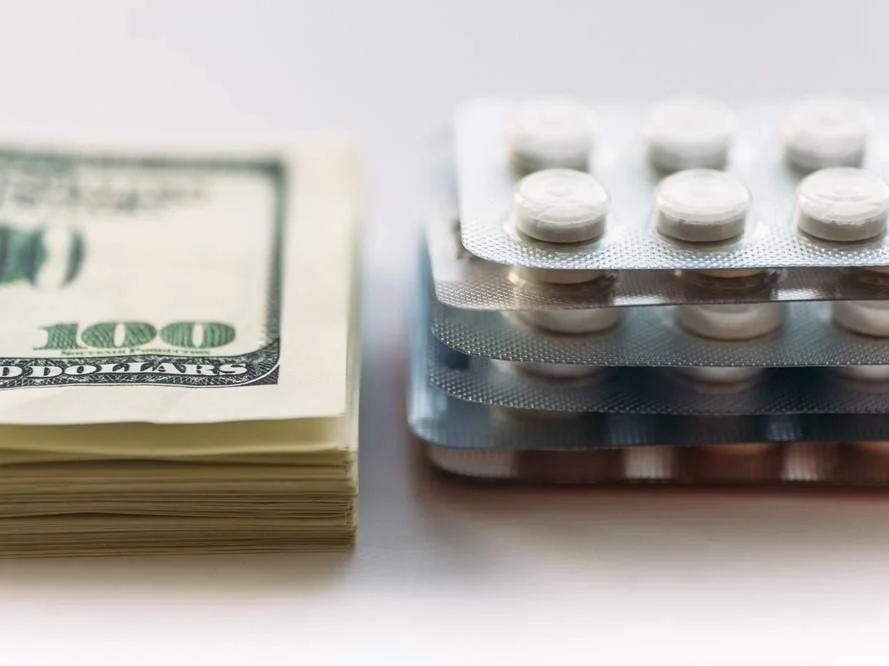Sleep disorders, including insomnia, sleep apnea, and restless leg syndrome, affect millions of people worldwide, often leading to fatigue, anxiety, and impaired cognitive function. Traditional treatments for sleep disturbances, such as prescription medications and behavioral therapies, can be effective but may come with side effects or limited long-term benefits. As psychedelic research expands, LSD (lysergic acid diethylamide) is emerging as a potential tool for enhancing sleep quality and treating sleep disorders in novel ways.
LSD is best known for its psychoactive effects, inducing altered states of consciousness and profound changes in perception. However, recent research suggests that the compound’s impact on the brain’s serotonin system—specifically, its interaction with serotonin receptors—could have a significant influence on sleep patterns.If you want to Buy Online LSD GEL Tab you can contact us Feel free to order at anytime.
Serotonin plays a key role in regulating mood, emotional states, and sleep-wake cycles, and LSD’s ability to modulate serotonin levels may help address some of the underlying causes of sleep disorders.
One promising mechanism by which LSD may enhance sleep is through its effect on the brain’s default mode network (DMN), a network of brain regions associated with self-reflection, mind-wandering, and rumination. Individuals with insomnia or anxiety-related sleep disorders often experience overactivity in the DMN, leading to racing thoughts that prevent relaxation and hinder the ability to fall asleep. LSD has been shown to reduce DMN activity, potentially quieting the mind and facilitating a more restful state conducive to sleep.
Additionally, LSD has been found to promote neuroplasticity—the brain’s ability to form new neural connections. This may be particularly useful for individuals whose sleep disorders are linked to chronic stress, trauma, or maladaptive thought patterns. By encouraging the brain to rewire these patterns, LSD could help break the cycle of disturbed sleep, improving overall sleep quality over time.
Furthermore, LSD’s ability to foster emotional processing and reduce anxiety may play a role in alleviating the psychological barriers that often contribute to sleep disorders. For individuals who experience insomnia due to stress, PTSD, or unresolved emotional trauma, LSD-assisted therapy could provide an opportunity to process these emotions and achieve deeper, more restorative sleep.
While research into LSD’s potential role in treating sleep disorders is still in its infancy, early findings suggest that psychedelics like LSD may offer a groundbreaking approach to improving sleep. As clinical trials progress, LSD could play a significant role in personalized, holistic treatments for sleep disorders, helping individuals achieve better sleep without relying on traditional medications.
